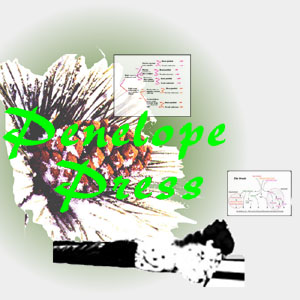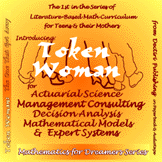
|
for Literature-based Mathematics
|
 | Dr. Raichyk is a professional mathematician and decision analyst with over 25 years of applied experience in both the insurance and retail industries, as well as over 15 years of extensive reading and experience in education trends as a homeschooling mother. Active in alternative energy, natural landscaping and women´s tech, health and shelter issues, she lives with her children, now grown, in SW Ohio. She is also the author of the web-zine, LSR, and occasional speaker at conferences, meetings and workshops. |

|
Executive Overview of Curriculum Content Chapter Topics and Sampler Available in quality paperback now through local bookstores as well as online. Audio version due September 2003. Special offer on studygroup packages online. Join us as we explore self-insuring for life´s risks, as well as model decisions in life, at home and in your own self-employment. |
|
The Derelict: A Victory
is the adventure through City Hall and the Courtroom of a lone activist pursuing her right to develop her property as an urban backyard wildlife habitat in spite of our dwindling grasp on the American Bill of Rights. Test Marketing September 2004. |  |
 |
Deer Rock: The Movie
chronicles the struggles of a small band of idealists, artists, and tradesmen attempting to bootstrap an intentional community and eco-village in the beautiful BlueRidge Mountains of Virginia. Available September 2005. |
|
traces the steps of a small family as they develop and build a radically new home with passive annual heat storage, cutting edge ferrocement and ancient rammed earth building techniques, as well as climate change preparedness and even a hydroponic sunpit with spa, all the while navigating the regulatory gates. Available September 2006. |  |